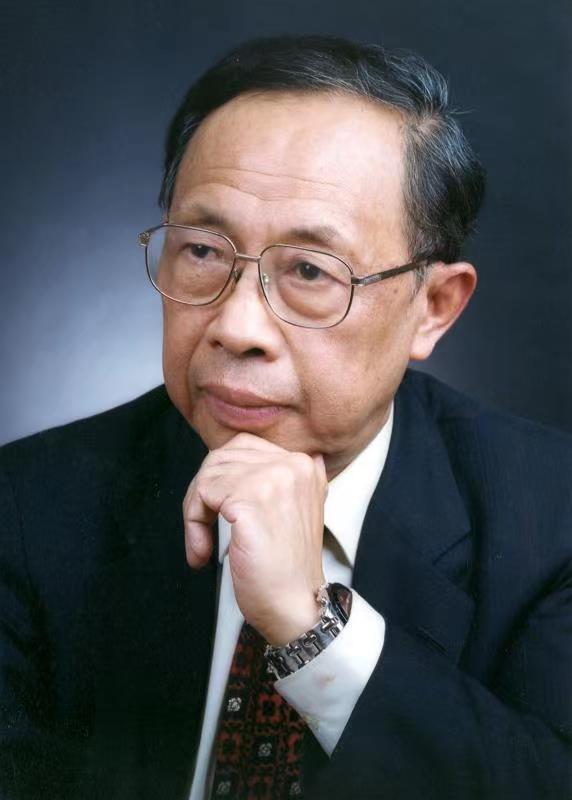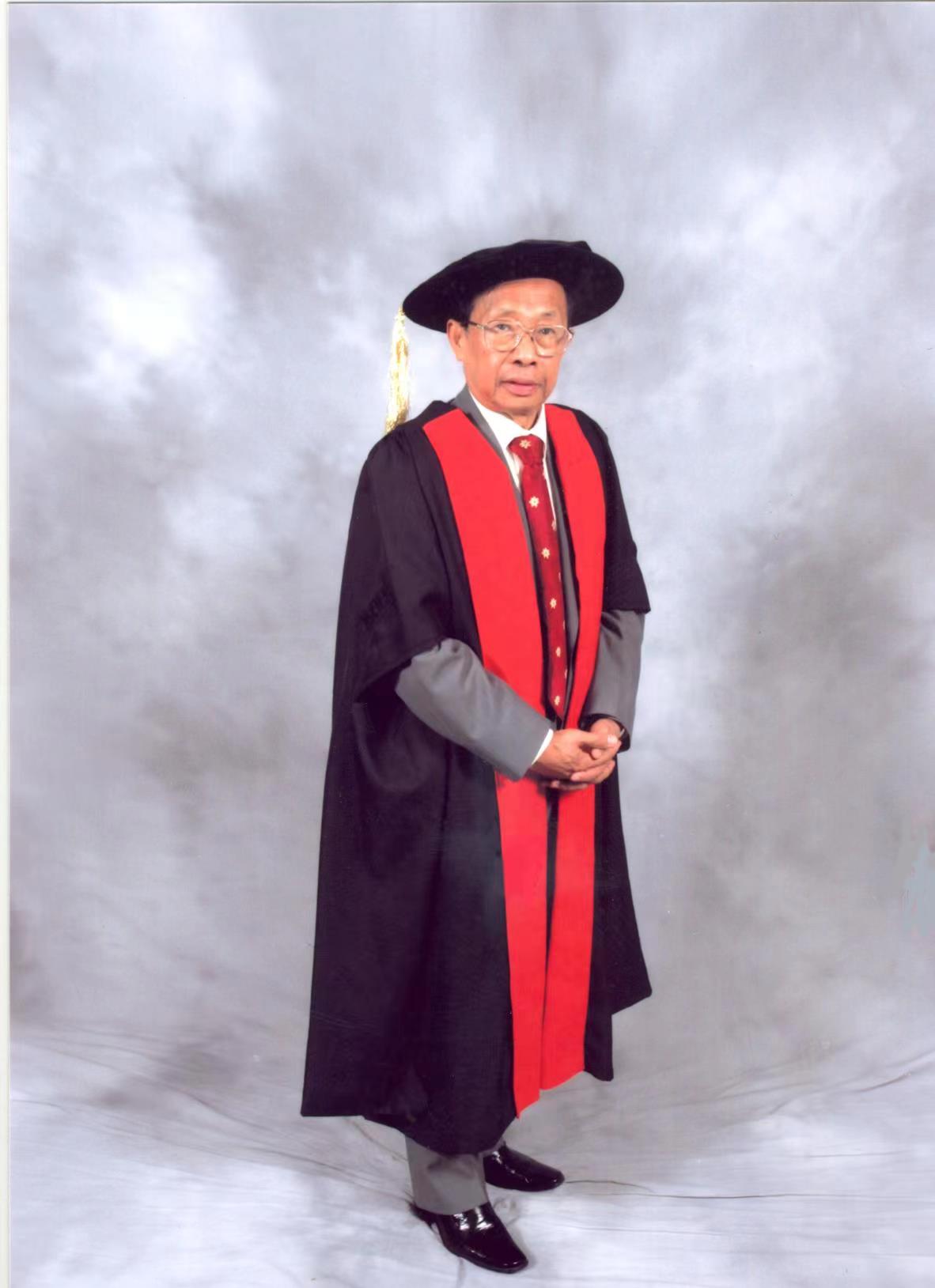
Journal Menu
► ▼ Journal Menu-
- WEVJ Home
- Aims & Scope
- Editorial Board
- Topical Advisory Panel
- Instructions for Authors
- Special Issues
- Topics
- Sections
- Article Processing Charge
- Indexing & Archiving
- Editor’s Choice Articles
- Most Cited & Viewed
- Journal Statistics
- Journal History
- Journal Awards
- Society Collaborations
- Conferences
- Editorial Office
Journal Browser
► ▼ Journal BrowserNeed Help?
Announcements
13 July 2023
Interview with Prof. C. C. Chan—Advisory Board Member of the World Electric Vehicle Journal

We had the pleasure of speaking with Prof. C. C. Chan, an Advisory Board Member of the World Electric Vehicle Journal (WEVJ, ISSN: 2032-6653), to discuss his experiences working with the journal and the current research trends in the field.
Prof. C. C. Chan SBS holds B.Sc., M.Sc., Ph.D., HonDSc, and HonDTech degrees. He is an Honorary Professor and the Former Head of the Department of Electrical and Electronic Engineering at the University of Hong Kong, the Founder of the International Academicians Science and Technology Innovation Centre, a Visiting Professor at MIT, UC Berkeley, the University of Cambridge, etc., and the Founding and Rotating President of the World Electric Vehicle Association. He served as a Senior Advisor to government agencies and as a Senior Consultant or Independent Director of leading global corporations.
He was elected as the first Academician of the Chinese Academy of Engineering in Hong Kong in 1997. He was also a Fellow of the Royal Academy of Engineering, UK; a Fellow of the Ukrainian Academy of Engineering Sciences; an Honorary Fellow of the Hungarian Academy of Engineering; a Fellow and Senior Advisor of the Hong Kong Academy of Engineering; a Life Fellow of the IEEE; a Fellow of the IET; and an Honorary Fellow of the HKIE.
Prof. C. C. Chan has received the Royal Academy of Engineering Prince Philip Medal, the Chinese Academy of Engineering Guang-Hua Prize, the World Federation of Engineering (WFEO) Medal of Engineering Excellence, the Silver Bauhinia Star Medal of the Hong Kong Special Administrative Region Government, the Gold Medal of the Hong Kong Institution of Engineers, and the IEEE Transportation Technologies Award, etc.
He was named the “Father of Asian Electric Vehicles” by Magazine Global View and was named the” 2022 Touching China Character”. His major research fields include the philosophy and key technologies of electric vehicles and intelligent energy systems. He has published 17 books and over 450 technical papers, and he currently holds 10 patents. His most recent book, Integration of Energy, Information, Transportation, and Humanity: Renaissance from Digitization was published by Elsevier this year.
You can read more about Prof. Chan at his webpage: http://www.eee.hku.hk/people/ccchan.html.
The following is an interview with Prof. C. C. Chan:
1. Could you give us a brief overview of your current research focus?

I am among the very few in the world who have consistently conducted research and development of EVs over the last half-century. I continue to conduct this research today, although I am already eighty-six years old. The connotation of the automotive revolution, or perhaps one might say the mobility revolution, initially included electrification, but this is insufficient. In addition to electrification, EVs should be intelligent, connected, and capable of sharing. The automobile revolution must be linked with the energy revolution and the information revolution in order to achieve greater economic and environmental benefits.
Today, electric vehicles are multidisciplinary, including areas such as mechanics, electrics, electronics, computers, communication, information technology, etc.
2. What kind of technical support and promotion is needed for the progression of China's new energy vehicle market?
The first half of the automotive revolution revolved around electrification. Its key technologies mainly include a lightweight body, an integrated high-performance power train, and a high-performance safety battery pack. The second half of the automotive revolution will focus on intelligence, internet connection, and sharing, and key technologies will include automotive-class chips and operation systems.
The principles of the healthy rapid growth of electric vehicles, collectively referred to as the C. C. Chan Law, are as follows: 1. Innovation-driven. 2. Two-wheel-driven: policy-driven and market-driven. 3. The three types of goodness: good products, good infrastructure, and good business model. 4. Four types of integration: integration of transportation, energy, information, and humanity.
3. How will the “four networks and four flows integration” concept promote the upgrading and transformation of the electric vehicle industry?
Energy, information, and transportation networks are the three pillars of the economic foundation, while the humanistic network is an important part of the superstructure. Through the integration of four networks (energy, information, transportation, and humanity) and four flows (energy, information, material, and value), the proactive initiative of humanity can combine the energy, information, and transportation (mobility) revolutions to establish a new production relationship within the “human-cyber-physical” system. This integration can lead to a huge productivity increase once it has benefited from the big data approach.
Throughout the last century, our focus has been on the advancement of the physical world. At the beginning of this century, we focused on the development of the cyber world and the revival of digitalization. However, we should further our disruptive thinking deeply integrating the physical, cyber, and human worlds and effectively transforming data into information, information into knowledge, and knowledge into intelligence to solve complex problems. In the real world, technology alone cannot solve complex issues and meet new challenges. The human world, the physical world, and the cyber world must also be deeply integrated.
4. What are the most important qualities for a researcher to progress?
Researchers’ strengths should include the following:
- A solid foundation in mathematics, physics, chemistry, AI, and the humanities;
- Sharp perceptiveness;
- In-depth analytical capabilities;
- The spirit of freedom of inquiry and the courage of original discovery;
- The courage to express innovative ideas.
5. Do you have any suggestions for young students who are interested in scientific research?
- Monism: Tap your full potential;
- Triadism: Focus on talent; diligence; opportunity;
- Quaternism: Remember your objectives, courage, methodology, and condition.



